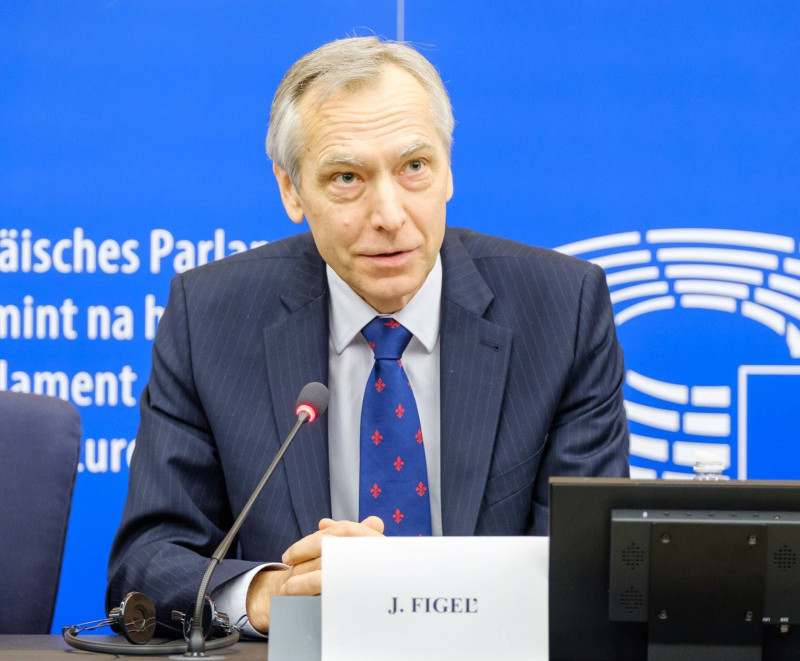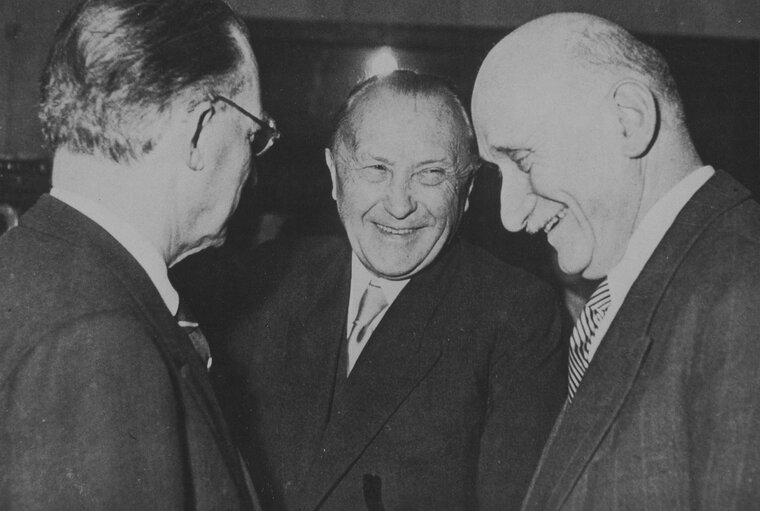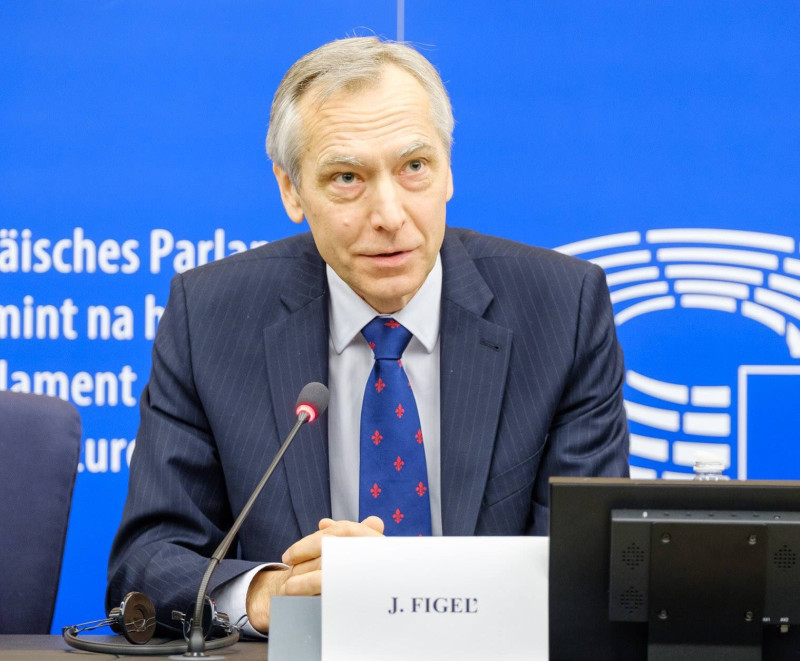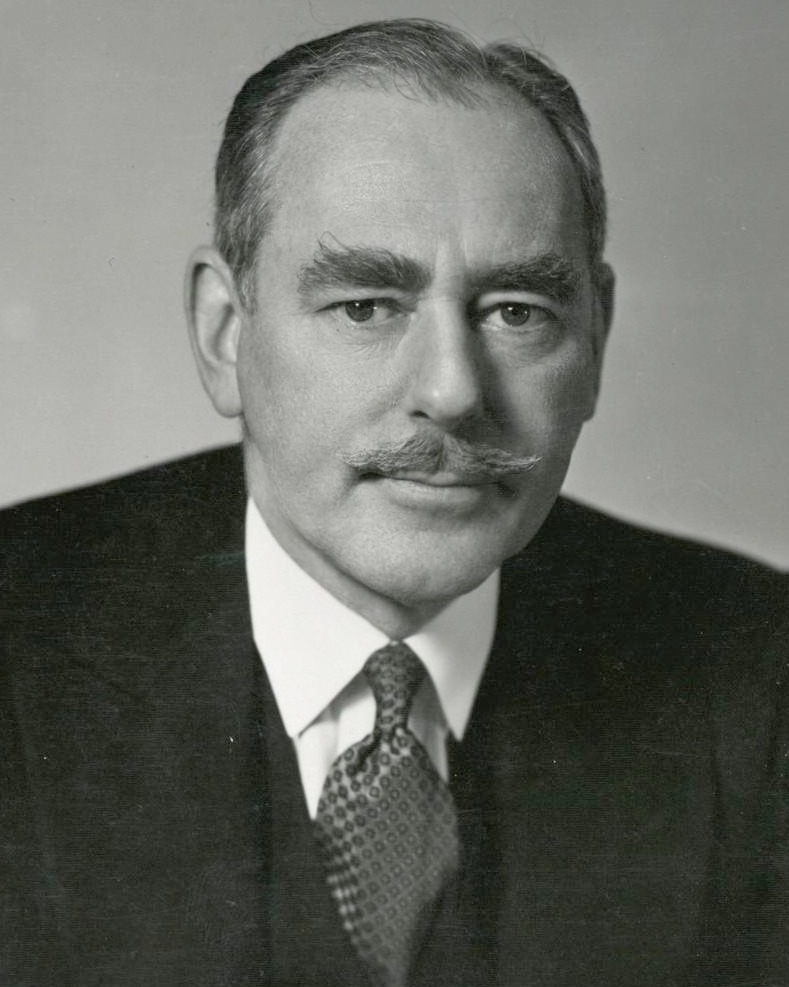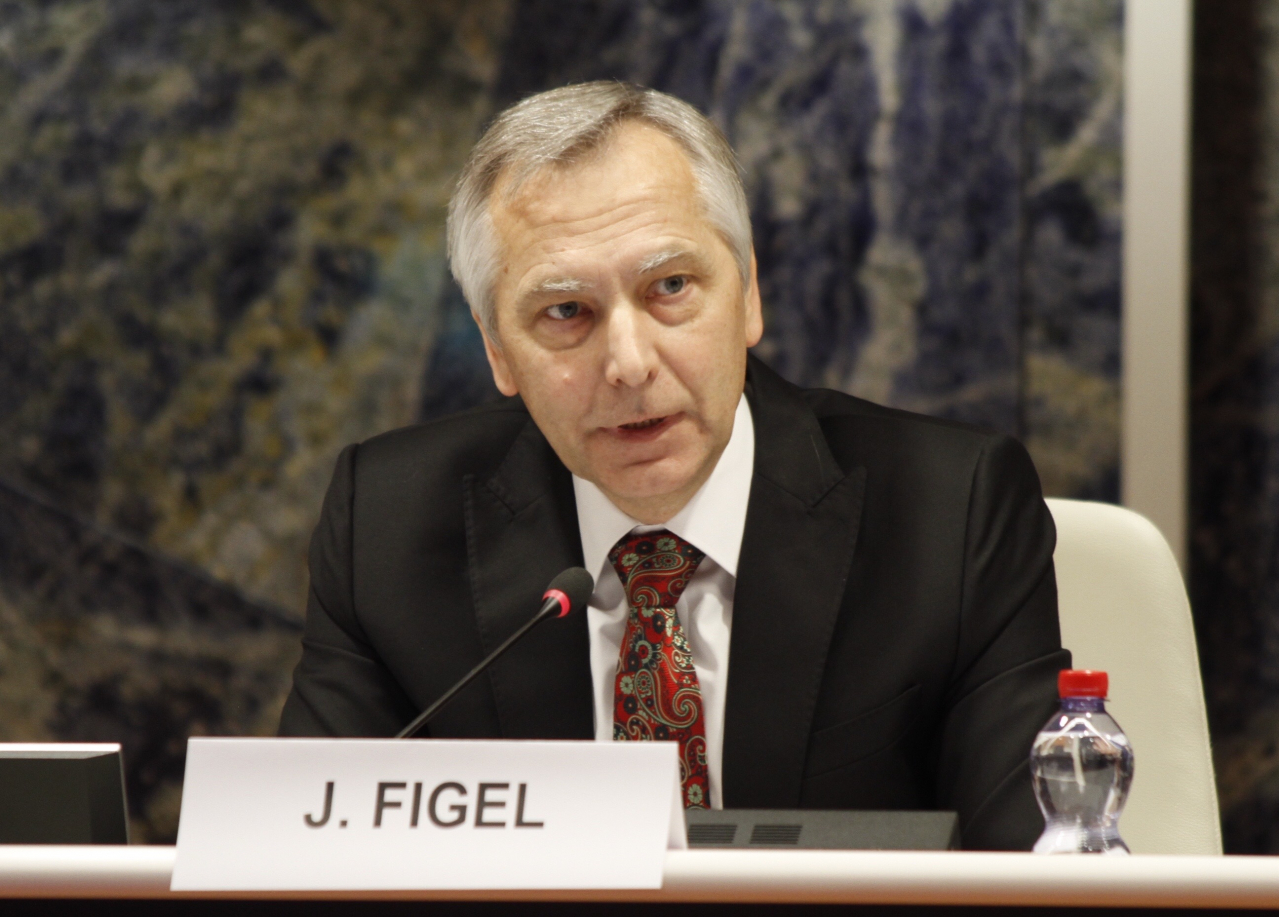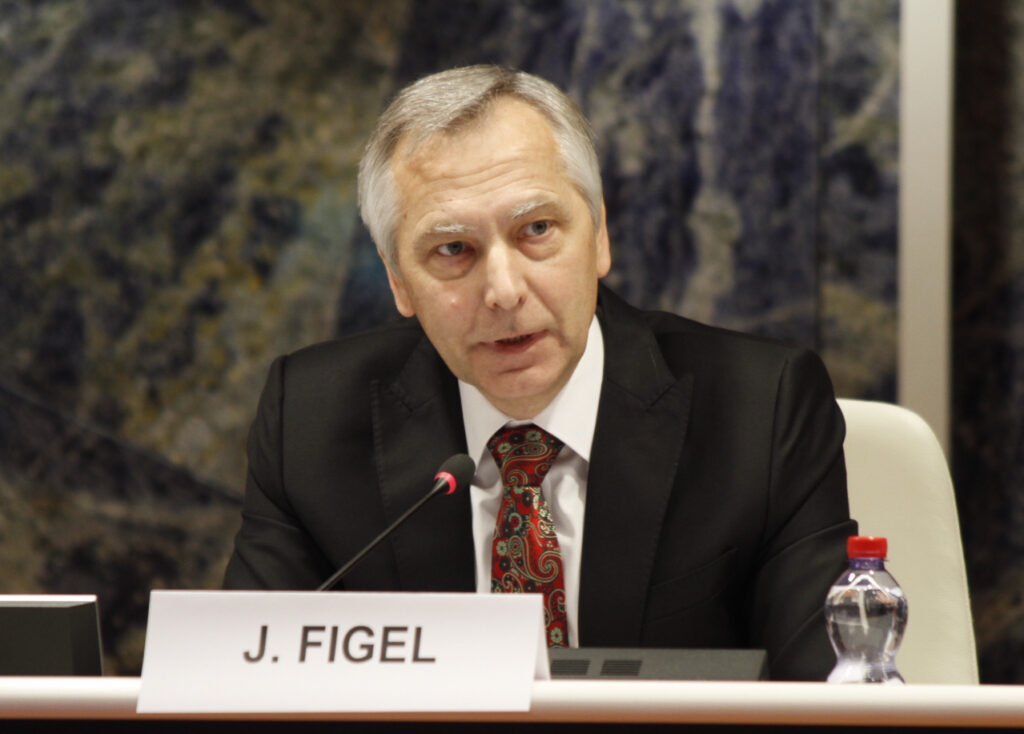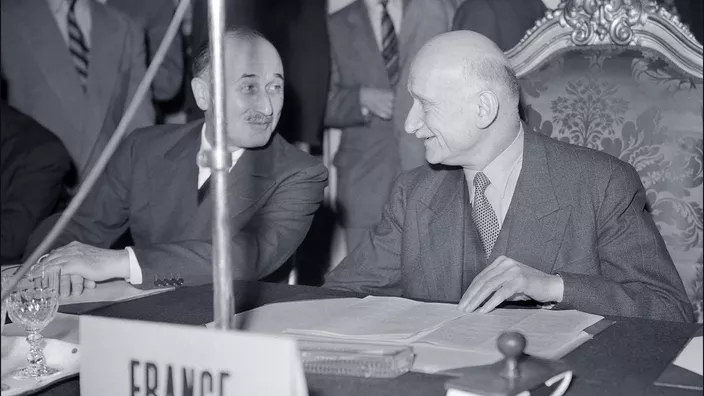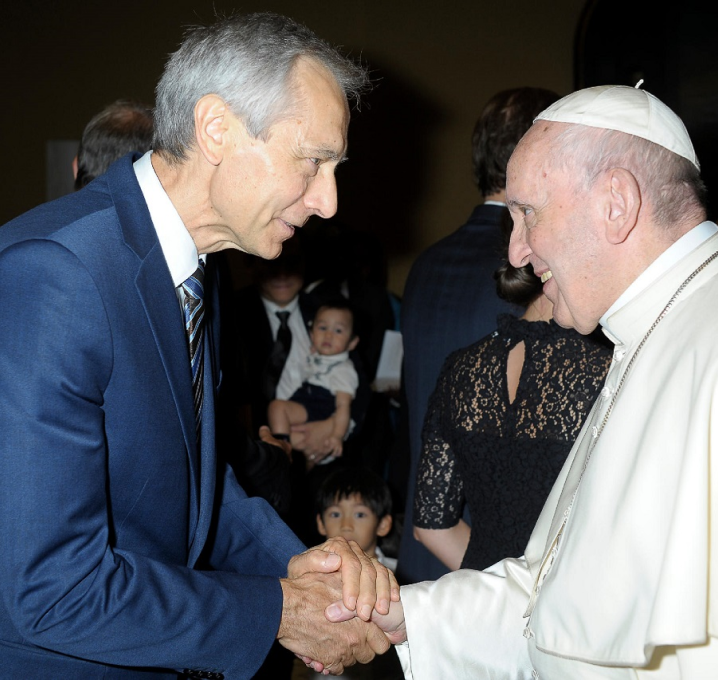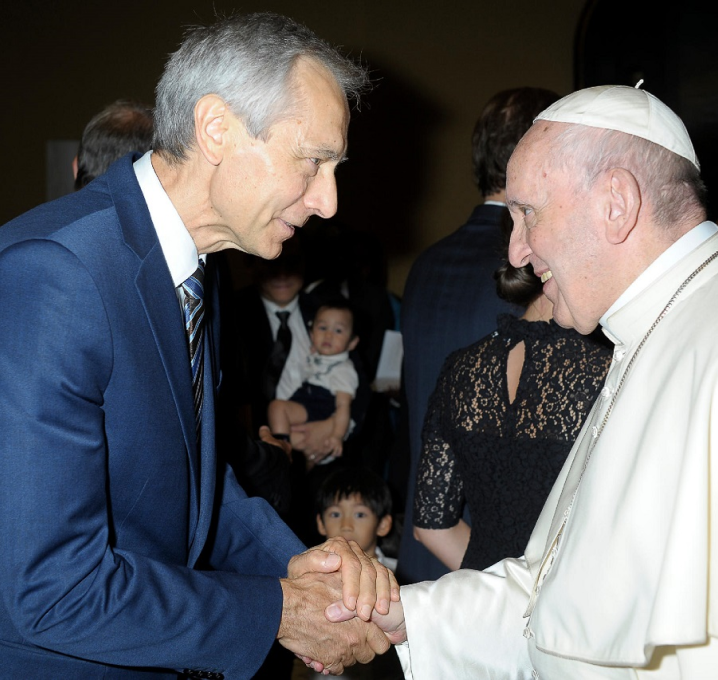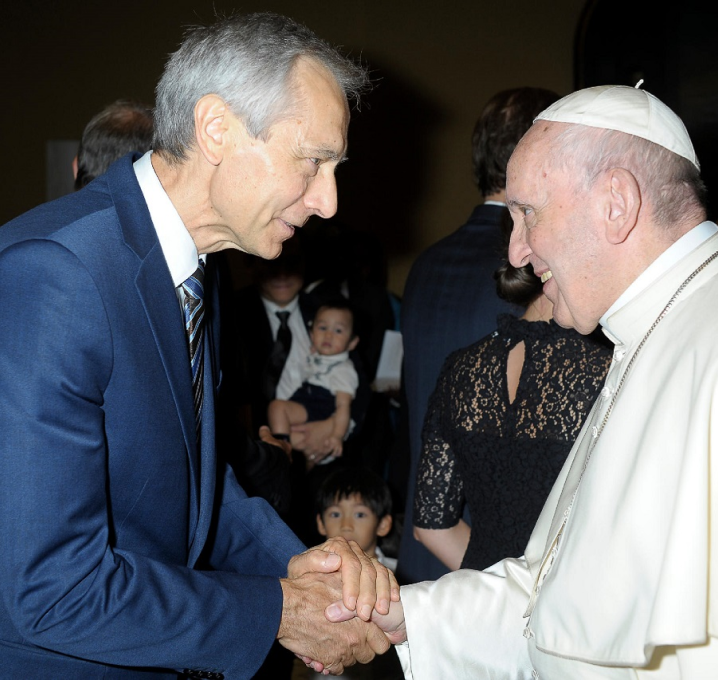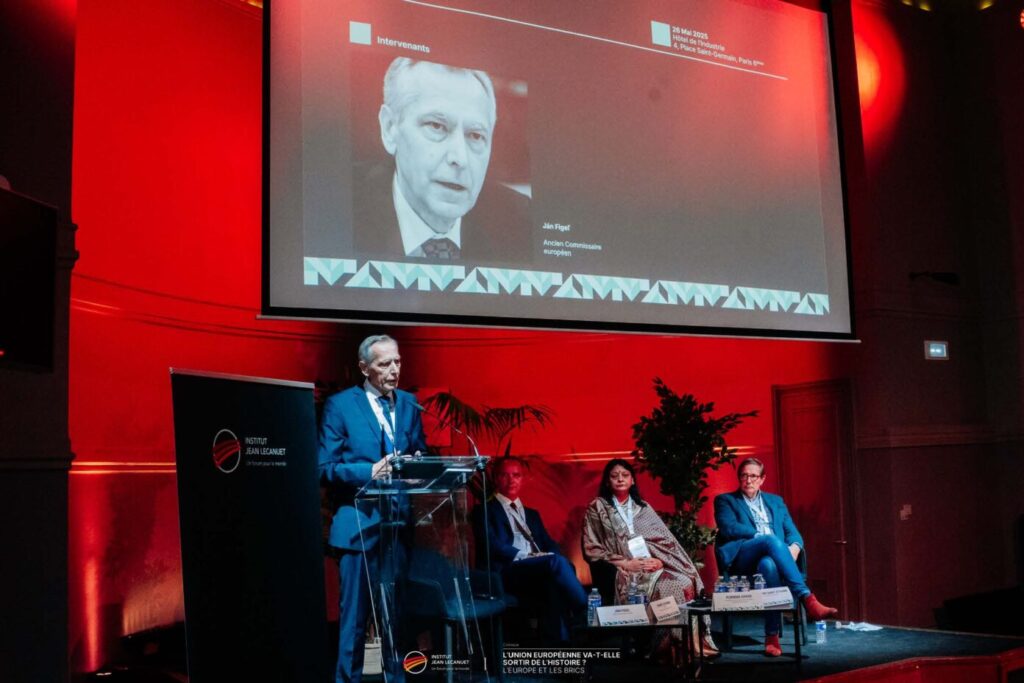
The text is based on a keynote speech at the Colloquium organized on 26 May 2025 by the Institute Jean Lecanuet in Paris
The question about EU’s fading from history is a timely warning. Brexit confirmed it.
The situation of the EU and its Member States is serious – they face war and military conflict at their doors, demographic decline, sluggish economies, growing public debts, rise of violence and new ideologies, mediocracy and frequent corruption within key institutions. All this is present at the same time instead of a focus on common good for all. Instead of shaping the future and the world they all rather speak about consumption of the future. Progressivism is on rise but Europe is not progressing.
Robert Schuman has left one of the greatest political inspirations we can find in modern history. Schuman was a true statesman in service of his nation and a peaceful Europe. He wished to have France for Europe and received back Europe for France. Schuman had a large picture and a long-term vision. His Christian faith and deep spirituality were the source of his tireless service to justice and common good, they nurtured his practical solidarity and political actions.
It is urgent to apply Schuman´s legacy for getting Europe back into the center of human history, in a positive and inspirational manner, shaping our future towards peace, security and prosperity.
Dignity
Never before was Europe fading away from history as much as in 1945, after devastating WWII. Fortunately, we had courageous, brave and hardworking Fathers of Europe like Schuman, Adenauer or De Gasperi – who refused to collaborate with inhumane ideologies of Nazism and communism but refused also a principle of revenge as well. They preferred mutual reconciliation of repeatedly belligerent nations. European founding fathers believed that lasting and true peace is a fruit of reconciliation and justice. For them human freedom, responsibility, dignity have been inseparable.
Justice today is understood as respect to fundamental rights of individuals and communities. But foundational principle of our rights is dignity of person. Human dignity represents fact from which our rights and duties are derived. Respect to HD of all is a road to peace for all. We are all equal in dignity, while all different in identity. This is the essential principle of unity in diversity, motto of the EU.
Robert Schuman and his peers – René Cassin, Jacques Maritain, Charles Malik, Eleanor Roosevelt, John Humprey, P. C. Chang and others – started postwar renewal on the foundational pillar and protection of human dignity. In Paris, under leadership of France in December 1948 UDHR was adopted. The very first sentence says: „…recognition of the inherent dignity and of the equal and inalienable rights of all members of the human family is the foundation of freedom, justice and peace in the world “. Dignity is mentioned in the Declaration five times.
But for Europe, Schuman insisted (not without opposition) on the creation of a system of human rights based on the supranational rule of law, rather than a more declaratory approach of the UN. In May1949 in London Schuman signed the Statutes of the Council of Europe. This step, said Schuman, “created the foundations of a spiritual and political cooperation, from which the European spirit will be born, the principle of a vast and enduring supranational union.”
On 9 May 1950 Schuman Declaration of the French Government was adopted to create a European Community for Coal and Steel (ECSC), based on supranational principles and open to all free countries. In November 1950 in Rome the European Convention of Human Rights by Schuman and 11 other national leaders was signed.
Roots of united Europe – it is not the past – it is presence and future! We must return to our roots, revitalize them, nurture spiritual part of our individual and collective being (as communities and nations). In line with European founding fathers, we should understand the triple importance of human dignity: as a departure point, permanent criterion and unquestionable objective of our policies. Respect of dignity of everyone everywhere is a road to reconciliation, peace and stability.
Therefore, Western and Eastern Europe should avoid detrimental and divisive ideologies. They need serving leaders, who see widely and in long-term perspective. More than increased armament and defense spending Europe needs mature statecraft with wisdom, courage and perseverance to create future, not to consume it at the costs of next generations.
European Union
The ECSC, Euratom and EEC leading up to the current EU represent 75 years of experience, practical solidarity and learning together how to live, work and walk in peace.
After the Franco-German reconciliation and the expansion to six founders, France’s proposal to create the European Defense Community (EDC) was signed by four states in 1954 but was unfortunately rejected by the French Assemblée Nationale. Afterward, the European Communities witnessed and motivated collapses of military dictatorships in Greece, Spain, Portugal, the historical fall of Berlin Wall along with the demise of the Soviet Union and communism in Europe. After that, it grew into the Union of 27 members with 10 candidate countries.
EU became a soft power based on attractiveness of freedom, stability and prosperity.
Brexit weakened European unity while confirming freedom of EU members to exit, to leave. After five years we see a new convergence between London and Brussels. EU was actually moving, growing and changing in times of crisis (oil, constitutional, financial and now security crises). This is fully in line with Schuman´s Plan counting on graduality of integration as a process. Concerning the future, the EU needs as much integration as necessary to achieve shared objectives of its Member States, and to guarantee as much freedom for its citizens as possible.
Four objectives are currently very urgent:
- First is a maximum support of Europe´s competitiveness through technological and systemic innovation. Innovation becomes an imperative. Europe must play in Global Champions League of new technologies, higher education, applied research and innovations.
- Second, based on current challenges, after 70 years since the collapse of the EDC proposal put forward by Pléven Government of France, it is time again to build a European Defense Union, based on the current Lisbon Treaty using the enhanced cooperation clause for likeminded and ready-to-move Member States.
- Third, the Union must maintain a constructive dialogue and develop beneficial economic and trade cooperation with all important partners and organizations, including the BRICS.
- Fourth, undelayed enlargement of the EU is a must, not a mercy of the West towards the East. I can assure you that the price of non-enlargement is much higher than enlargement expenditures. The Union with all new members is MORE EUROPEAN, more complete. WWI started in Sarajevo. Therefore, lasting peace through EU enlargement must come back to Sarajevo, the Western Balkans and Eastern Europe as well.
The dream of the Founding Fathers was: a Europe free and one, whole, from Atlantic to Ural as one Community. The collapse of the Soviet Empire was a great opportunity to speed up work for lasting peace in Europe. The West won the Cold War but did not win peace. True peace among nations is much more than absence of military confrontation. This is our hard and noble task today.
The EU as an active part of a new West-East Community
After the February 2014 revolution in Kyiv, a civil war started in the East of Ukraine. Russia took over Crimea and the Second Cold War started. In absence of true political and diplomatic effort, it turned into a tragic and full war after the Russian military invasion of the Ukrainian territory in February 2022. Instead of getting closer, we witness division between the East and the West of Europe.
This fratricidal war must be stopped as soon as possible. A solution for lasting peace should be creative and constructive, based on dignity of peoples on both sides of the front line. It is not about the future of individual political leaders. They come and go. But nations remain. 75 years ago a tragic war was over. People were longing for peace and stability. Today war is not over, killing and destruction go on, people on war-torn territories suffer and die. They equally desire and deserve peace.
Potential solution is at hand. It can be labelled as Schuman Plan #2. Clementy Foundation elaborated it during the last two years, organizing discreet dialogues among personalities from Europe, US, Russia, Asia in the Vatican. We are grateful to the Pontifical Academy of Sciences for sharing its space and hospitality in order to study and apply Venerable Schuman’s legacy in our critical times.
The original role of the Franco-German rapprochement is now proposed for two major military and political powers in our civilizational space – the United States and the Russian Federation. Many in the world identified war on Ukraine as a proxy war between the two nuclear superpowers. With the exception of two cold war periods, relations between the two countries were constructive and cooperative. By the way, Russia supported the US independence. Judeo-Christian roots on both sides should nurture their global responsibility for peace and security. Desire for prosperity is close and dear to all people, East, West, North, South.
Clementy Ven. Schuman Legacy Foundation proposes to create common markets for strategic commodities and resources of both superpowers. Namely energy resources including infrastructure, raw natural materials, information technology and intellectual property. Participation must remain open and be offered to all countries and groups of countries who accept such an exceptional agreement, first of all from Europe, North America and Central Asia.
A new Community connecting Alaska with Kamchatka through Europe and Central Asia will emerge representing enormous, unprecedented economic potential. This may lay the foundations for the North Hemisphere Community or the West-East Community. This Great Deal between two superpowers will enable to find an acceptable compromise and end of the war in Ukraine faster and easier. And it will generate resources for dynamic reconstruction of all destroyed territories and infrastructure. The first reactions to this proposal from the East and the West are encouraging.
Lasting peace in Europe is possible and urgent. And it does not depend on more armaments, but on creative and constructive policy and mature leadership of relevant countries, including the European Union and its Member States. Schuman´s example and legacy can get Europe back into the center of human history, in positive and inspirational manner, shaping our common future towards peace, shared security and prosperity.It is difficult, but an achievable and rewarding task!
Original link: https://europeantimes.news/2025/06/is-the-eu-fading-from-history/

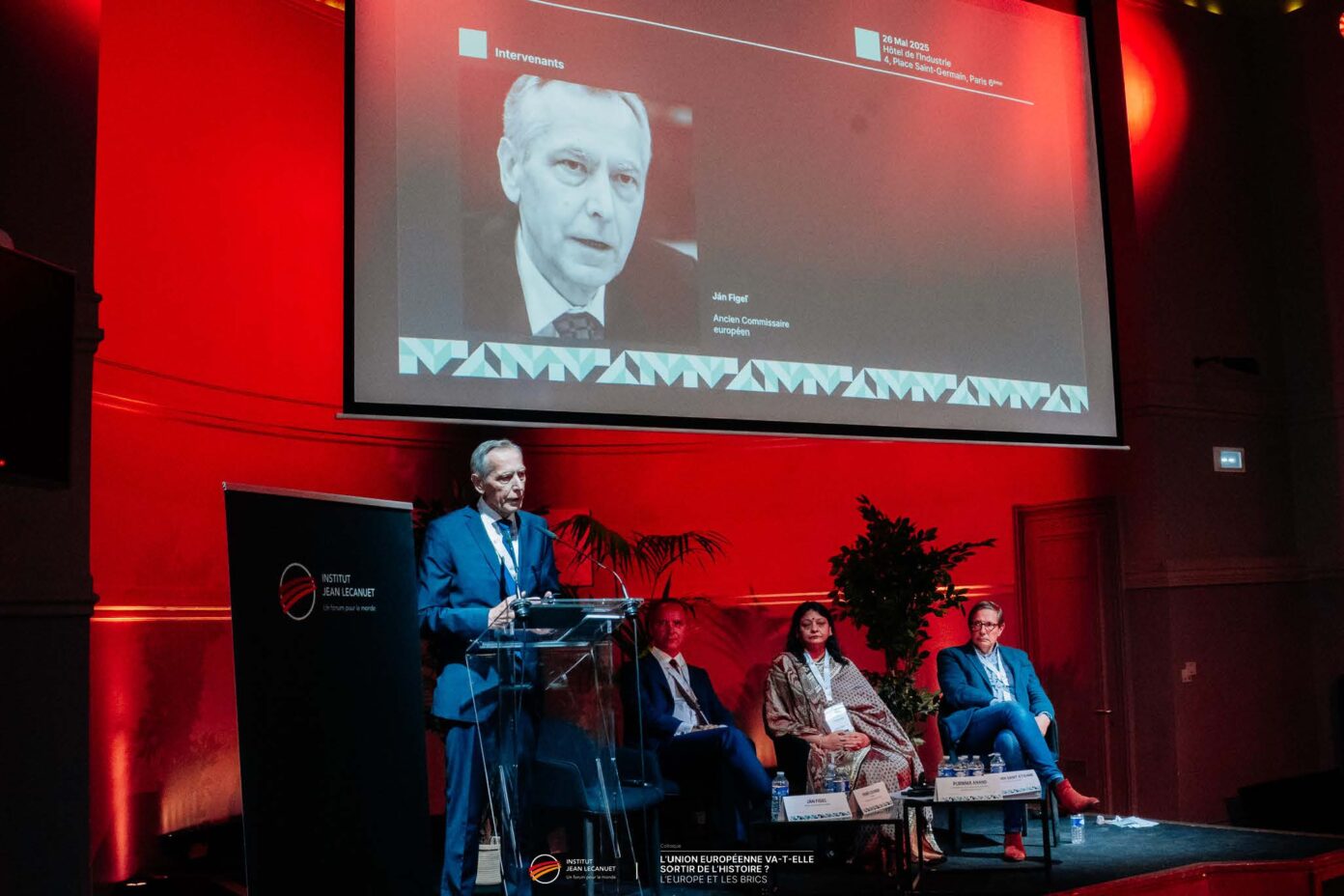


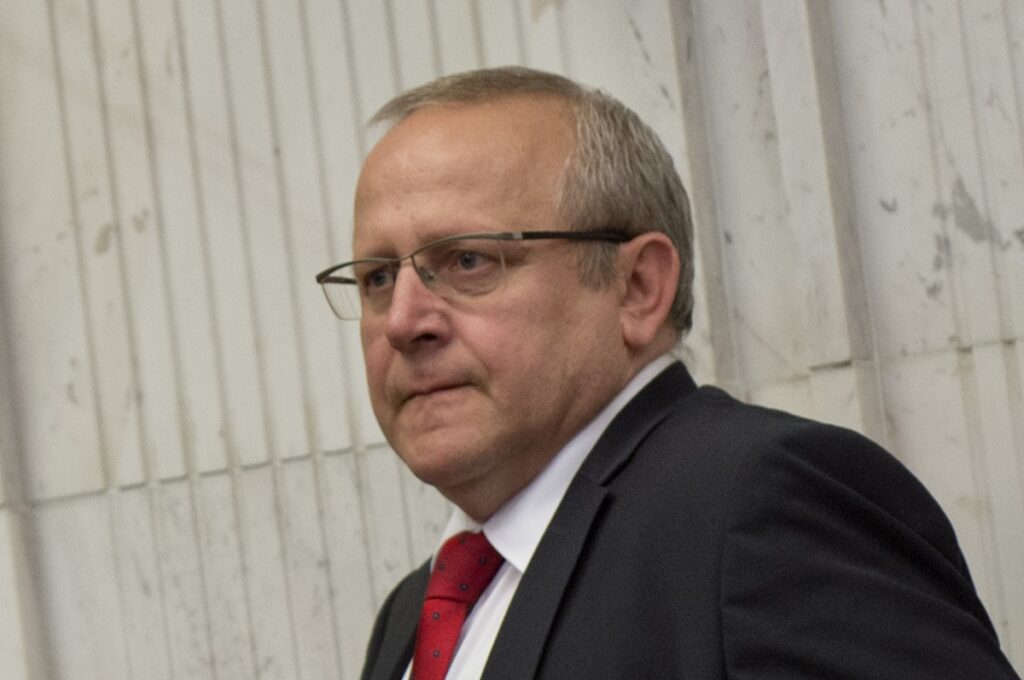
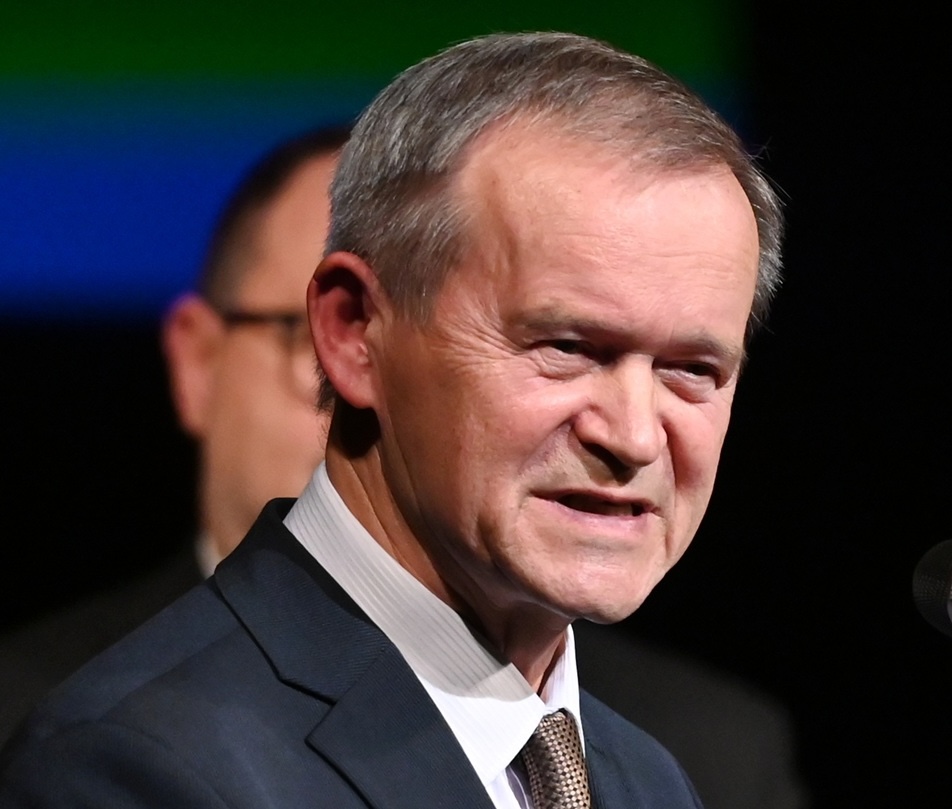
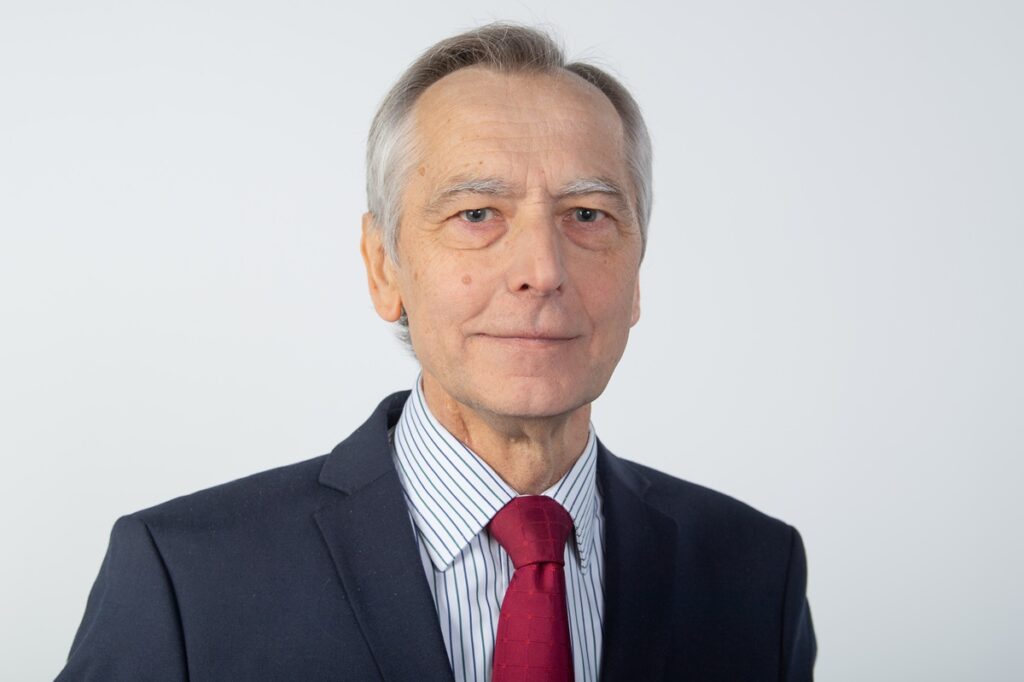
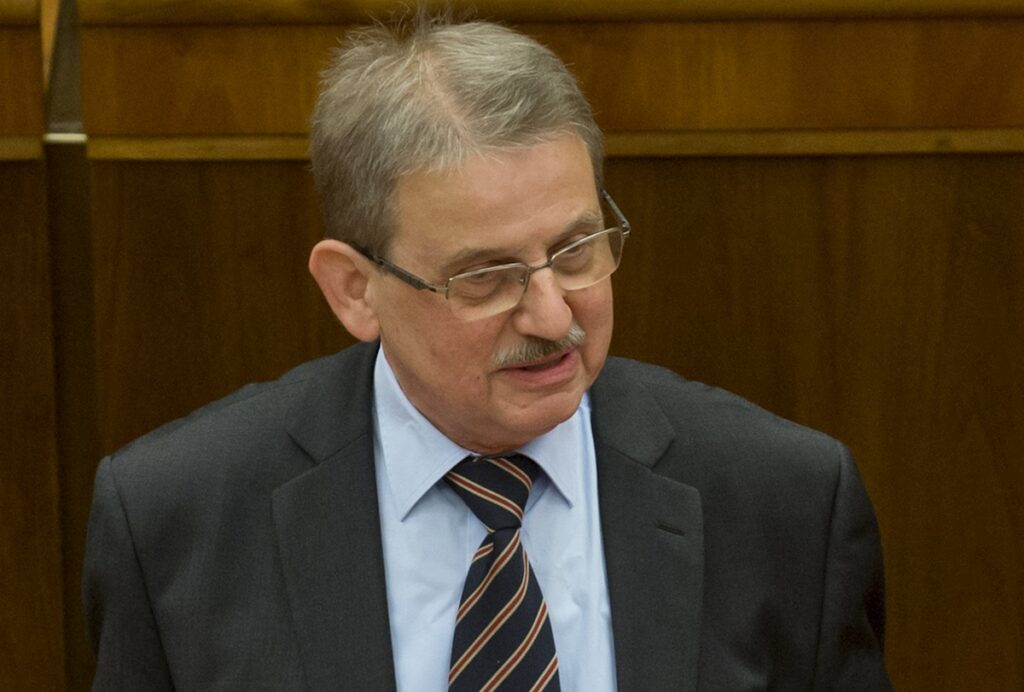
.jpg)
.jpg)

.jpg)
